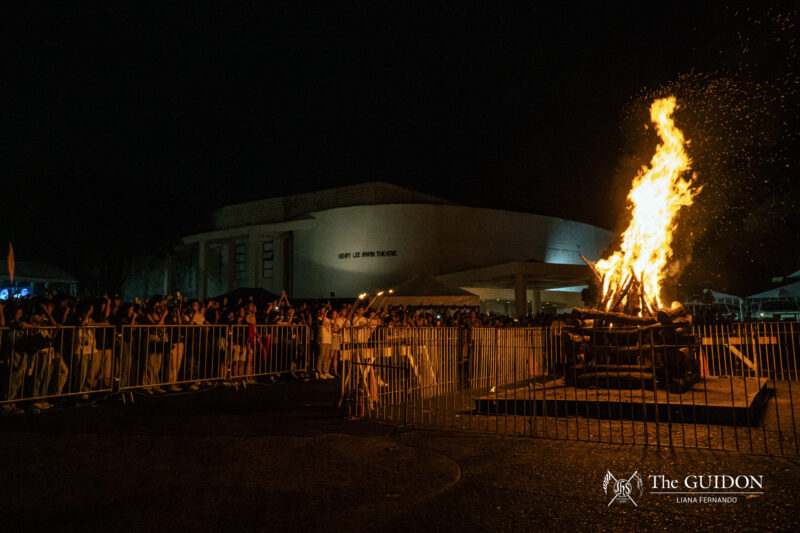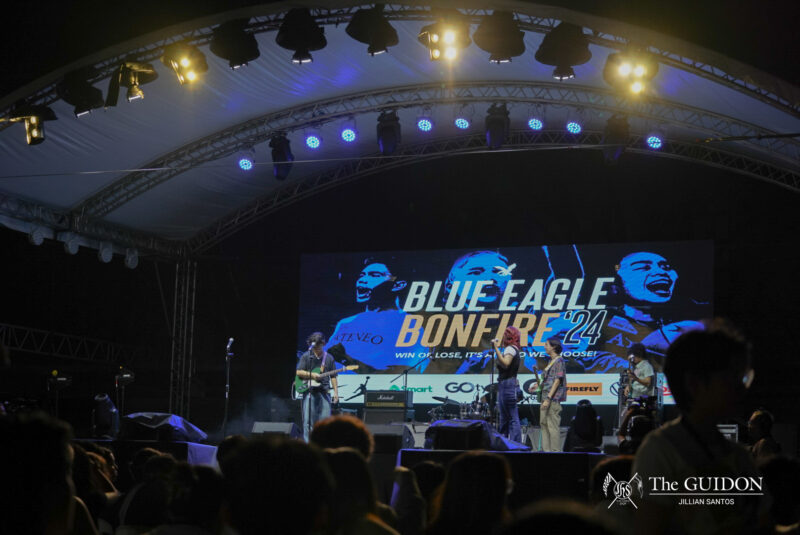AS MIDTERM elections approach, the future of the opposition is more embattled than ever. Last 2019 midterm elections, the opposition failed to enter the Senate for the first time in 80 years, notably with frontrunner Bam Aquino falling short of the “Magic 12” at 14th place.
In comparison, three-fourths of the Duterte-aligned coalition Hugpong ng Pagbabago claimed senatorial seats, leading to 20 senators in the majority and four senators in the minority. The incarceration of former senator Leila de Lima further crippled the opposition and strengthened the dominance of the Duterte-aligned coalition in the Senate.
The 2022 national elections were a crucial chance for the weakened opposition to bounce back. As the supermajority used their momentum to bolster the presidential tandem of Ferdinand Marcos Jr. and Sara Duterte-Carpio, opposition parties pushed for unification to thwart the political families’ comeback.
However, the talks did not amount to anything, and the non-Marcos vote was split among nine other presidential candidates. Though former vice president Leni Robredo’s volunteer-led “pink” campaign had sparked hopes of an upset win, she ultimately lost the presidential bid by 16 million votes.
In the Senate, only reelectionist Risa Hontiveros made the cut while bets from Marcos’s UniTeam slate clinched half the senatorial seats. Currently, only Hontiveros and Senator Koko Pimentel III comprise the minority bloc while siblings Senators Pia and Alan Peter Cayetano have established their own “independent” bloc.
According to Political Science Instructor Gino Antonio Trinidad, this staggering supermajority results from the aggravated tide of personality-based politics and turncoatism during previous president Rodrigo Duterte’s term. “You can characterize Philippine politics in terms of ‘presidential bandwagon.’ […] Essentially, everyone will join the president’s supposed party,” he explained.
This political climate complicates matters further for the opposition, particularly on how to establish their identity. Trinidad further stated that politicians’ unclear ideological configurations muddles what constitutes opposition.
As such, Trinidad underscored the importance of organizing opposition forces to increase their chances of winning seats in the 2025 elections. More than pooling resources, he stressed that the opposition must return to using a grassroots approach.
“More than talking to people, it’s actually listening to the people. […] Ito kasi ‘yung tingin kong nagkulang for the longest time (This is what I think was lacking for the longest time),” Trinidad emphasized. He added that the opposition must also continue striving to recast themselves from the other side but stay vigilant of inadvertently alienating voters as this can potentially come off as condescending.
With a year left before the 2025 midterm elections, the opposition is now at a crucial crossroads. One path leads to a supermajority, where policies are swiftly passed according to the incumbent president’s whims. The other path offers a more balanced government where officials can truly serve the principles they identify with.




